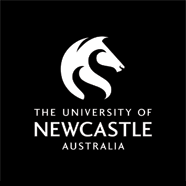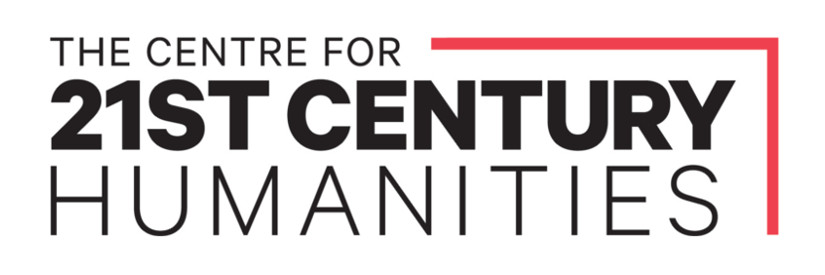| Site Name | Cooninghera Waterhole, Diamantina River |
| Aboriginal or Torres Strait Islander Place Name | |
| Language Group, Nation or People | Mindiri and Wardumba |
| Present State/Territory | SA |
| Colony/State/Territory at the time | SA |
| Police District | |
| Latitude | -26.574 |
| Longitude | 139.226 |
| Date | Between 1 Jan 1890 and 28 Dec 1890 |
| Attack Time | Day |
| Victims | Aboriginal or Torres Strait Islander People |
| Victim Descriptions | Aboriginal |
| Victims Killed | 40 |
| Victims Killed Notes | |
| Attackers | Colonists |
| Attacker Descriptions | Stockmen/Drover(s), Pastoralist(s) |
| Attackers Killed | 0 |
| Attackers Killed Notes | |
| Transport | Horse |
| Motive | Reprisal |
| Weapons Used | Firearm(s), Repeating Rifle(s) |
| Narrative | The massacre was in reprisal for killing of the station cook 'who was guilty of rape.' Linguist Luise Hercus recorded an account of the massacre in the 1960s from Ben Murray, the nephew of a survivor, Rib Bone Billy. It took place when a large number of Mindiri and Wardamba people had gathered for a ceremony. 'It made a huge impact on the Aboriginal community' (Hercus, 1977, p 56). Journalist George Farwell was also told of the massacre during his travels along the Birdsville Track in the 1940s. It was one of 'several' and 'no official enquiries were ever held into these massacres which appeared to have been common morality of the day' (Farwell, 1950, p 132). |
| Sources | Hercus, 1977, p 56; Farwell, 1950, pp 36-40. (Sources PDF) |
| Corroboration Rating | ** |

